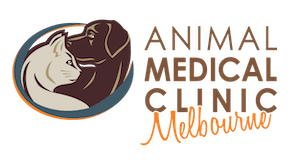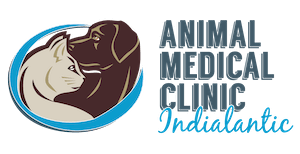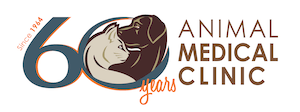Diet has a role in preventing and managing heart disease. Diets should be balanced with high quality ingredients, and a life-stage appropriate diet should be fed.
Watch their weight
Obesity plays a role in the development of many disease problems, including the heart. When a pet is obese, the heart has to work that much harder to deliver blood to the body. Learn how to assess body score and adjust the calorie content of your pet’s diet to keep them fit.
Grain-free diets are not recommended
The pet food business is big these days, as you can tell from the amount of advertising that you see regarding pet foods. But just like anything else, some of that marketing is hype, without any science behind it. One example of that is “grain-free” diets. The way they are being marketed, you might think there is something terrible about feeding grains. But the truth is for most dogs grains are perfectly fine and appropriate. In fact, the FDA is warning consumers about feeding grain-free diets due to concerns that they could lead to heart disease in your dog.
It is easy to panic anytime we see an FDA headline about pet food. After all, keeping our dogs healthy is essential to us, and we know that diet can make a big difference in a dog’s well-being. As a general rule of thumb, the best thing you can do for your dog’s dietary health is to consult your veterinarian. However, as a general rule, we recommend avoiding grain-free diets due to their association with heart disease.
Salt content
Once heart disease is detected, a low-salt (low-sodium) diet is a vital part of the treatment. Heart disease prevents normal elimination of salt through the urine. This causes accumulation of salt in the body. When this occurs, your pet also retains extra water. The increase forces the already weakened heart to work much harder.
A low-sodium (low-salt) diet helps prevent salt and water accumulation. By controlling the sodium levels in the diet, we decrease the workload of the heart. Low-salt diets can be purchased from your veterinarian.
Water
Fresh drinking water should be available at all times. Do not restrict your pet’s water intake. In some areas, the local water supply may contain large amounts of sodium or the sodium content of the water may be high because of soft-water systems. If either of these conditions exists in your home, your pet can be given distilled water to drink.
If you are not sure what diet is best for your pet, ask your veterinarian.



